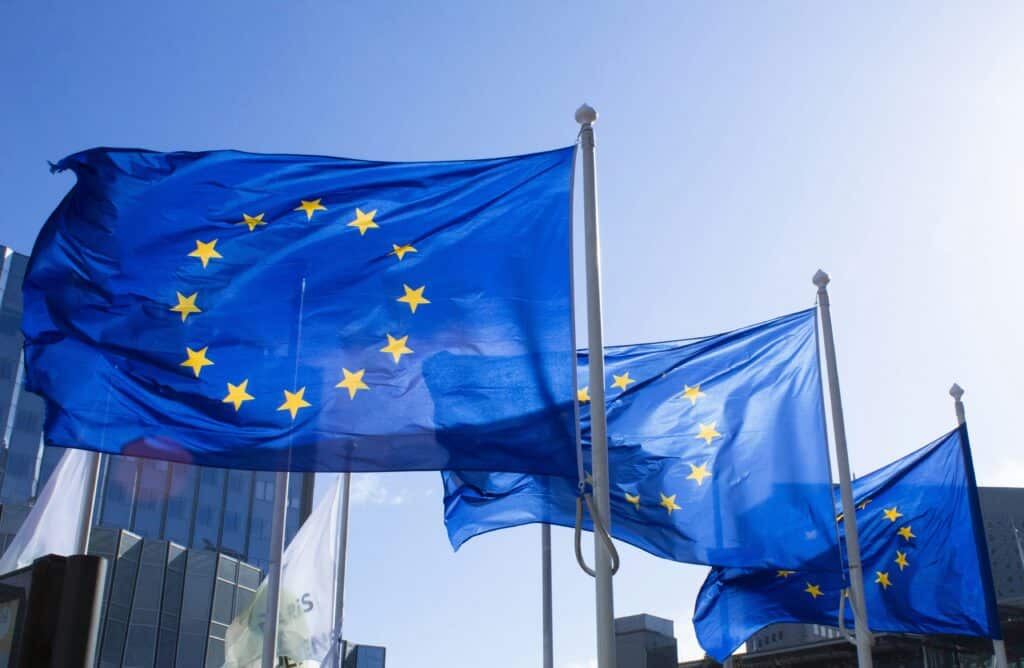FSR Topic of the Month
by the FSR Gas Area
Substantial reduction of methane emissions for achieving the climate goals
Why methane emissions matter
by Andris Piebalgs and Maria Olczak
Climate change is one of the major challenges humanity faces today. Climate change mitigation, involving drastic cuts in greenhouse gas (GHG) emissions is widely acknowledged as one of the key solutions to address this challenge. The European Union has committed to reducing GHG emissions by 40% by 2030. Moreover, the President of France Emmanuel Macron is calling to set a target of zero carbon by 2050 for the EU.
The attention is focused mostly on limiting carbon dioxide emissions and rightly so. However, we should not forget about the second most important GHG, which is methane. The Environmental Defence Fund estimates that 25% of human-made global warming is caused by methane. Methane is a potent climate force; when leaked to the atmosphere it traps 84 times as much heat in the atmosphere as CO2 over a 20-year time frame. That means that by emitting methane, humankind accelerates climate change.
Apart from the direct impact on climate, methane also has an indirect influence on human health. It is an important precursor to the formation of tropospheric ozone, which is a significant component of urban smog. It has been estimated that stopping methane leaks would bring societal benefits of USD 27 per thousand cubic feet.
Methane can come from many sources, both natural and anthropogenic. The largest humanmade sources are agriculture, oil and gas industry across the entire value chain, as well as waste. One-third of global methane emissions are related to fossil fuel (coal, oil and natural gas) production, transportation and use. As the global population (and its welfare) is growing, we can expect the increase in demand for energy and food and thus rising methane emissions.
Methane is the predominant constituent of natural gas used to produce electricity, heat and transport fuel. It is also considered “cleaner” than coal. When burned, it emits about half as much carbon dioxide as coal, and virtually no mercury, particular matter and Sulphur dioxide. However, the indirect methane emissions (i.e. vented methane and fugitive methane emissions) could compromise the environmental case for gas and thus put into question its role in an almost fully decarbonised economy. For this reason, the goal for the natural gas industry should be to narrow the emissions gap between gas and carbon-neutral energy sources.
The EU, as a large gas and oil consumer, should actively get involved in the minimisation of methane emissions across the entire value chain – from “well to wheels”. The first step to achieve this would be to have comparable transparency requirements in the reporting of detected, quantified and verified methane emissions. It is a rather complicated journey with national sovereignties prevailing, but with the support of the industry, it could be achieved.
An interesting solution for the use of methane emissions from the agriculture and waste sectors could be to capture methane and use it for the production of energy. The EU already has some experience with this. However, in the process of increasing the amounts of biomethane in the grids, it is important to address cross-border trade issues, as at this stage EU’s Member States have very different approaches towards the injection of biomethane into the gas grids.
Building on its implementation experience, new scientific knowledge and a real ambition to achieve climate goals, there is an opportunity to find an effective way to decrease humanmade methane emissions in the EU substantially. It would undoubtedly bring a valuable example to other nations in the combat against climate change.







